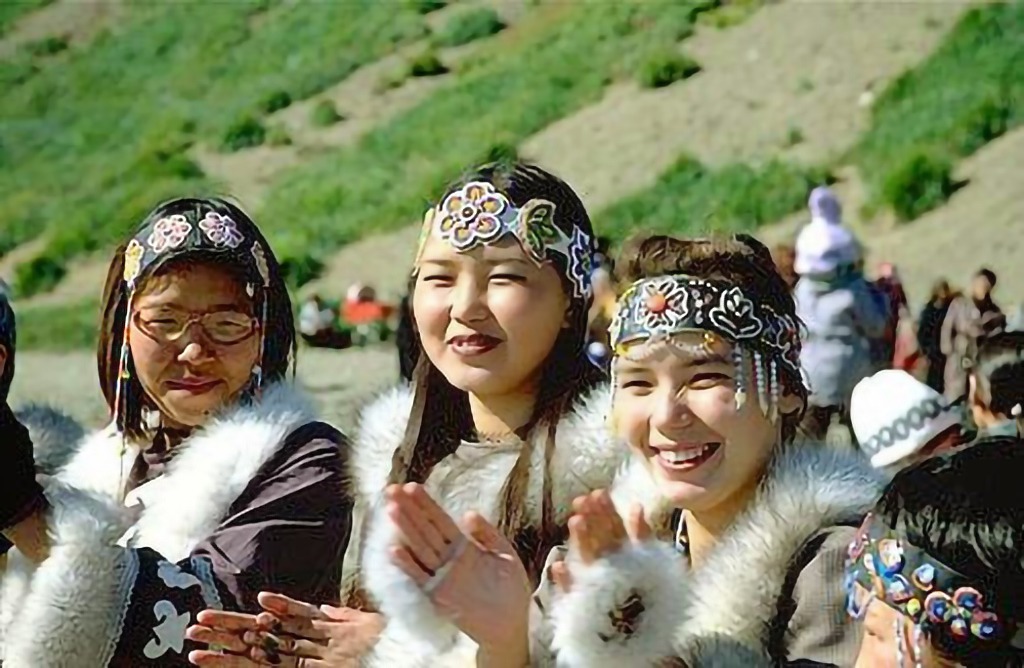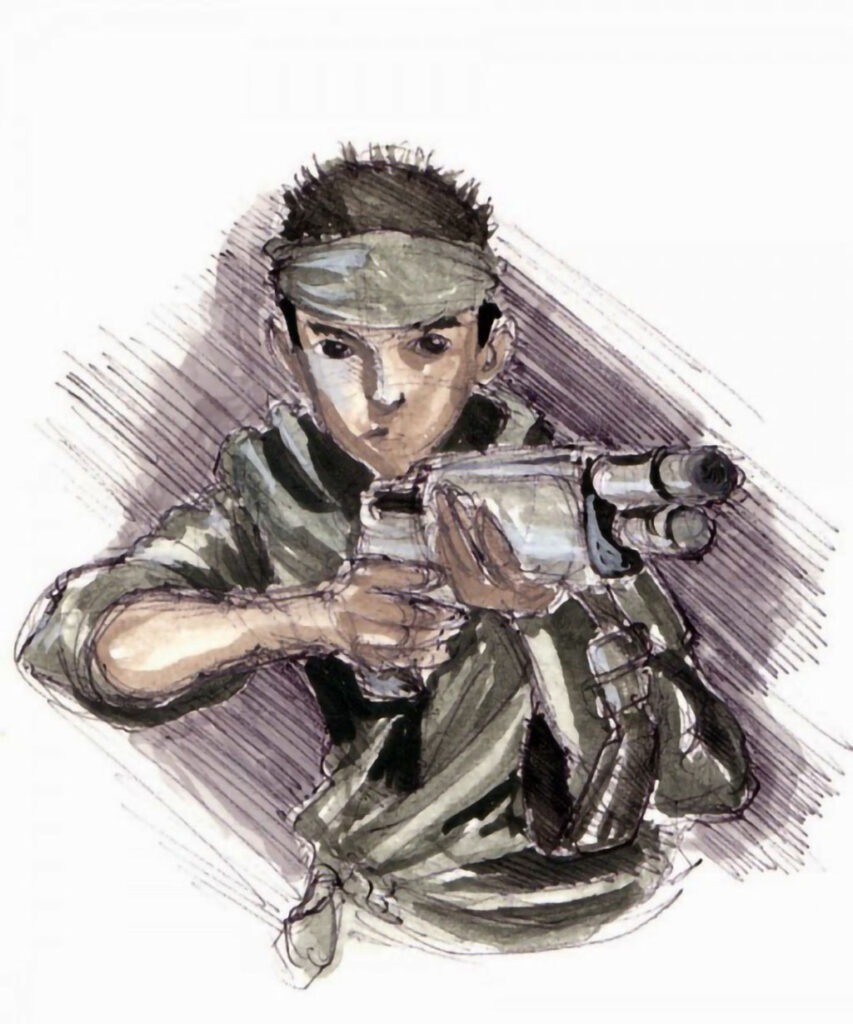
First Americans Day: Ancestors of Chukchi, Beringia C. 13,000 Years BP
The First Americans: Tracing Ancestry from Chukchi to the Americas
Explore the journey of the Chukchi people, their crossing of the Beringia ice bridge 13,000 years ago, and their role in the rich history of the Americas’ first inhabitants.

The First Americans: Tracing Ancestry from Chukchi to the Americas
The rich history of the Americas begins with an extraordinary journey undertaken over 13,000 years ago. The Chukchi people, along with other groups from Siberia, are believed to be among the first humans to set foot in the Americas, traveling across the Beringia ice bridge. This landmass connected Asia to North America during the last Ice Age, providing a pathway for migration and cultural exchange.
These ancient pioneers faced harsh climates and immense challenges, but their determination and ingenuity laid the foundation for the diverse cultures and civilizations that would later flourish across the continents.
Celebrating First Americans Day
First Americans Day serves as a moment to reflect on the enduring legacy of these early explorers. It’s a day to honor their resilience and to recognize the cultural contributions they have made to the world.
While modern advancements have brought significant changes to their way of life, the Chukchi people’s legacy remains a testament to human adaptability and strength. From their survival in the Arctic tundra to their unique traditions and craftsmanship, the Chukchi represent an integral chapter in the story of humanity’s global journey.

Connecting Past and Present
Images of modern-day Chukchi men and women highlight their enduring connection to the land and their heritage. Fur clothing, traditional tools, and other aspects of their culture provide a glimpse into the way of life that has persisted through millennia.
As we celebrate the achievements of ancient and modern civilizations, it’s important to reflect on the interconnectedness of human history. The journey of the Chukchi ancestors reminds us that humanity’s story is one of resilience, innovation, and shared heritage.
Let us take a moment to honor these early explorers who crossed formidable landscapes and paved the way for generations to come.
References and Further Reading
- First Americans Day | Monday, October 13, 2008 5:47:48 PM | Culture | My.Opera.Com | The ancestors of these Chukchi men may have been among the first humans to arrive in the Americas, crossing the Beringia ice bridge c. 13,000 years BP.





Responses